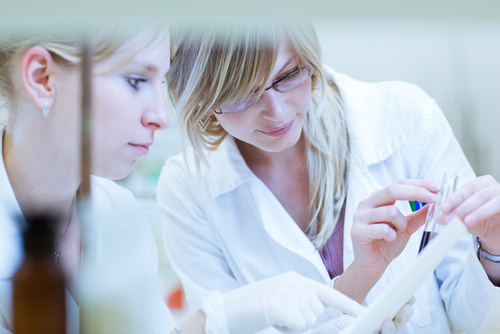In a recent study published in The American Journal of Pathology, a team of researchers from the University of Adelaide moved a step forward regarding the understanding of the risk factors associated with endometriosis. The study was funded by the Medical Research Council (NHMRC) and the National Health.
In a recent news release, Dr. Jonathan McGuane, a researcher at the University’s Robinson Research Institute, noted that he and his team uncovered for the first time an important relationship between contact with seminal fluid and the development of endometriosis.
“In laboratory studies, our research found that seminal fluid (a major component of semen) enhances the survival and growth of endometriosis lesions,” said Dr. McGuane, co-lead author on the paper in a recent news release.
Louise Hull Associate Professor at the University’s Robinson Research Institute, commented in the news release that there is still more to investigate regarding the causes of endometriosis, as well as how to treat and successfully prevent the condition. Nevertheless, more is now known about what worsens endometriosis.
“Endometriosis, when tissue that normally grows inside a women’s uterus grows outside the uterus, affects one in ten reproductive-aged women. The condition’s symptoms vary but include painful periods, pelvic pain and women with endometriosis may have difficulty conceiving,” said Associate Professor Hull.
“This is an important finding and raises the possibility that exposure of the endometrium (the inner lining of the uterus) to seminal fluid may contribute to the progression of the disease in women,” she said.
In the news release, Hull said more research is necessary to enhance the understanding of the association between sexual activity and endometriosis.
“The next stage of the research will look at what this means for women with and without endometriosis,” said Associate Professor Hull.
“We now need to apply these laboratory findings to real life and determine whether the exposure of seminal fluid that occurs naturally during intercourse puts women at increased risk of developing endometriosis. And if modifications to sexual activity could lower the severity of the disease in women with endometriosis,” she said in the news release.

